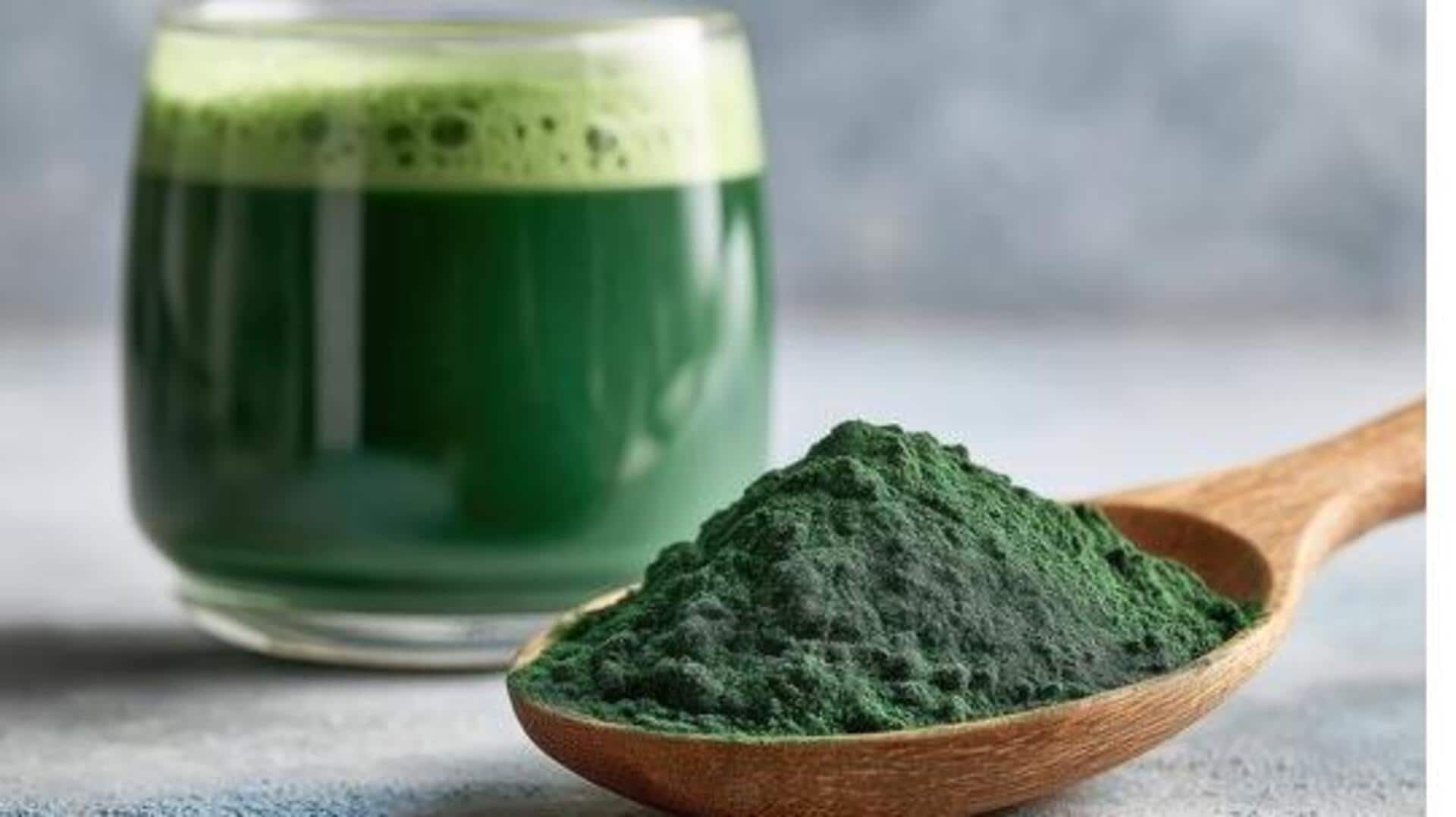
Herbal supplements: Myth v/s facts
What's the story
Over the past years, herbal supplements have become increasingly popular as natural alternatives for health and wellness. However, misconceptions often cloud their use, leaving consumers confused. To make informed decisions about them, it's important to separate fact from fiction. In this article, we attempt to debunk five common myths around herbal supplements, to bring you some clarity and understanding.
Safety concerns
Myth 1: All natural means safe
Many people believe that since herbal supplements are natural, they are safe. However, that's not necessarily true. Some herbs may interact with medications or cause adverse effects in particular individuals. It's important to consult a healthcare professional before starting on any supplement regimen, particularly if you have preexisting health problems or are taking other medications.
Effectiveness misconceptions
Myth 2: Herbal supplements are always effective
Another common myth is that herbal supplements are guaranteed to work for everyone. In reality, the effectiveness of these products can vary depending on individual factors like age, health status, and lifestyle. Scientific evidence supporting the efficacy of some herbs may also be limited or inconclusive.
Dosage misunderstandings
Myth 3: More is better
A common misconception among some consumers is that higher doses of herbal supplements will yield better results. That's not true! Consuming anything beyond the recommended dosages can cause severe side effects or even toxicity. Always stick to the dosage guidelines set by manufacturers or advised by healthcare professionals. Self-prescribing higher doses without proper guidance can be dangerous and should definitely be avoided.
Medication replacement risks
Myth 4: Herbal supplements can replace prescription medications
One common misconception is that herbal supplements can completely replace prescription medications to manage health issues. This is not true. While some herbs can improve overall health and wellness, they are not to be used as substitutes for medical treatment prescribed by doctors. It's important to talk to a healthcare provider before using herbal supplements as an alternative to prescribed medication.
Regulation variability
Myth 5: All herbal supplements are regulated equally
Many people think all herbal supplements are subjected to strict regulation as that of pharmaceutical drugs, but that's not the case everywhere in the world. In some regions, rules can differ widely, impacting product quality, safety, and labeling accuracy. Consumers should look into brands thoroughly before buying any supplement.